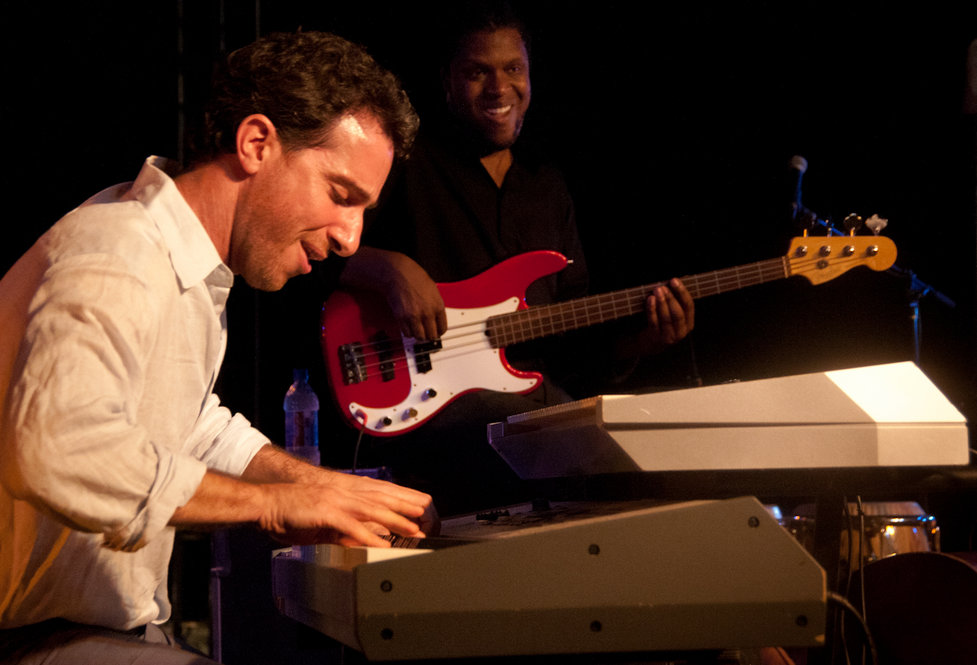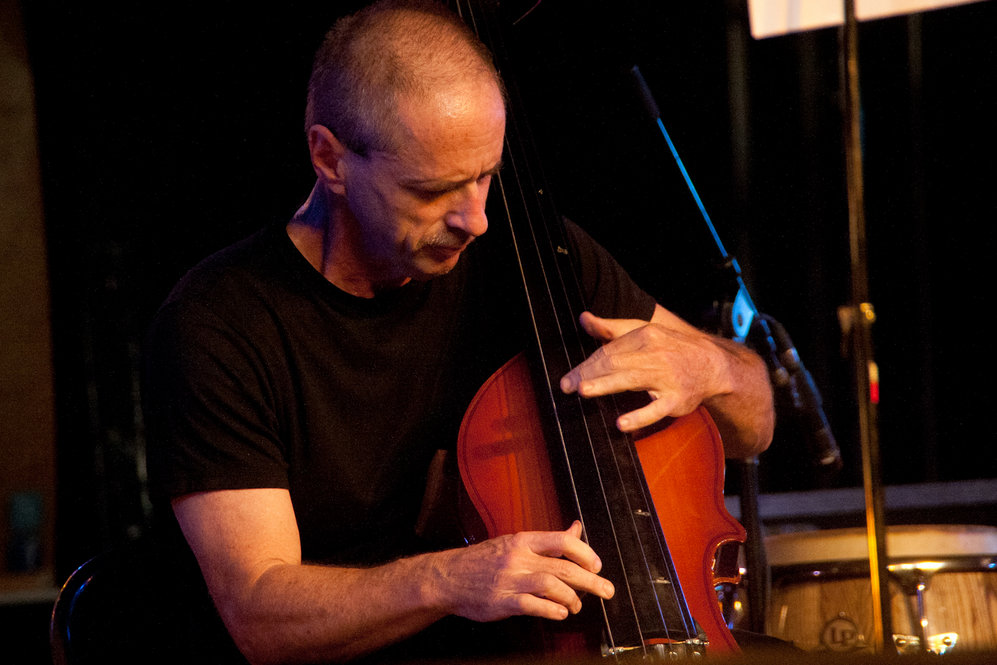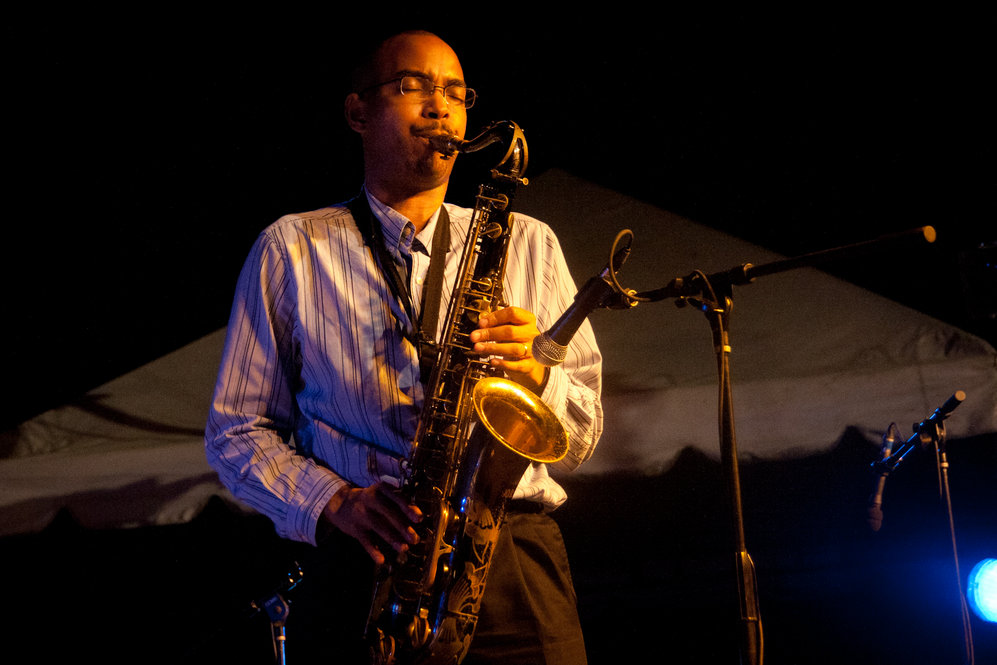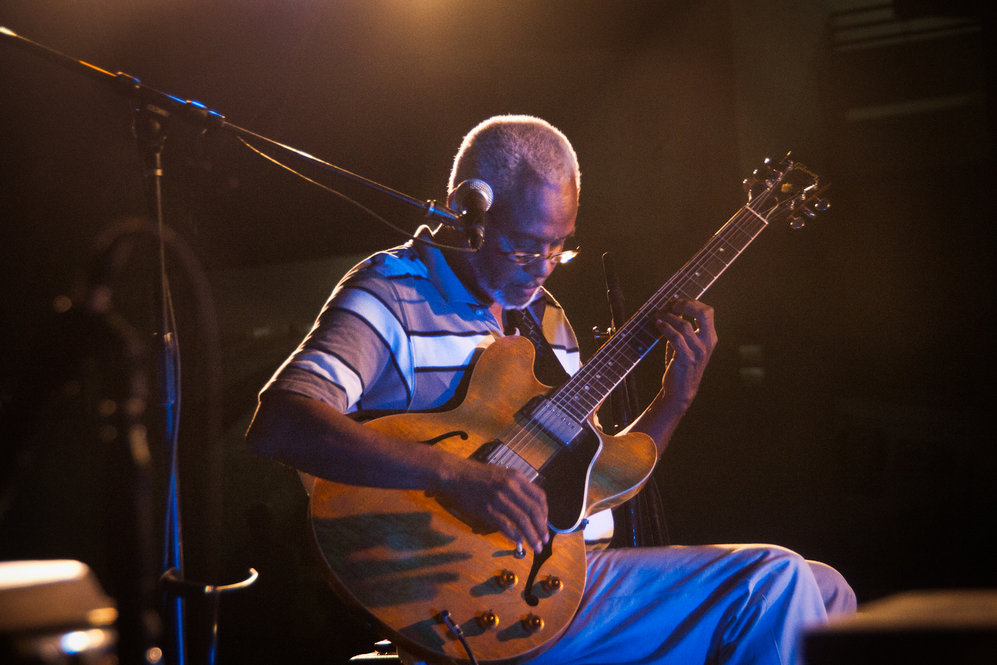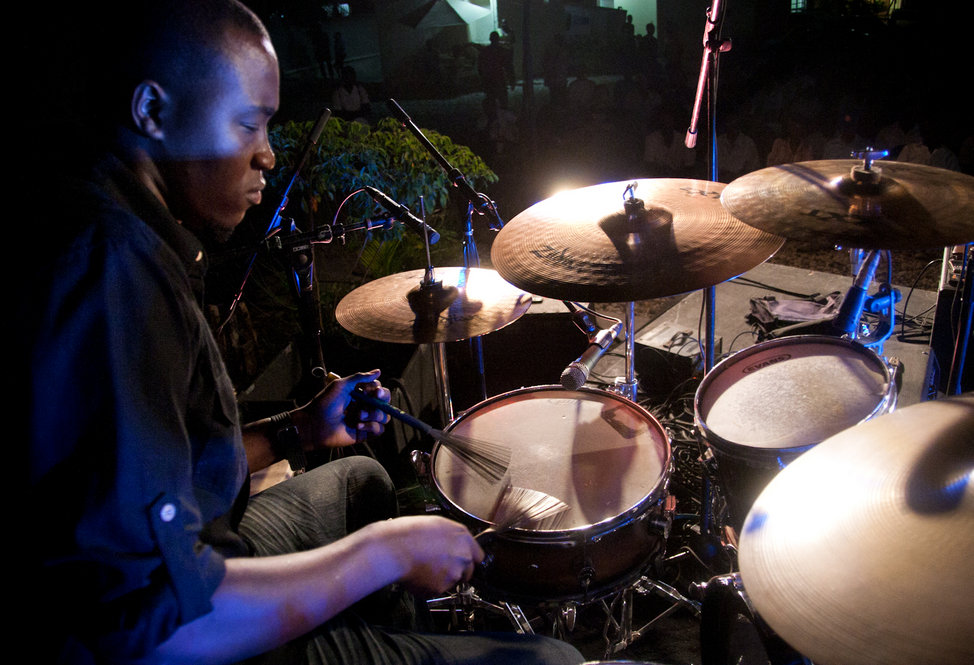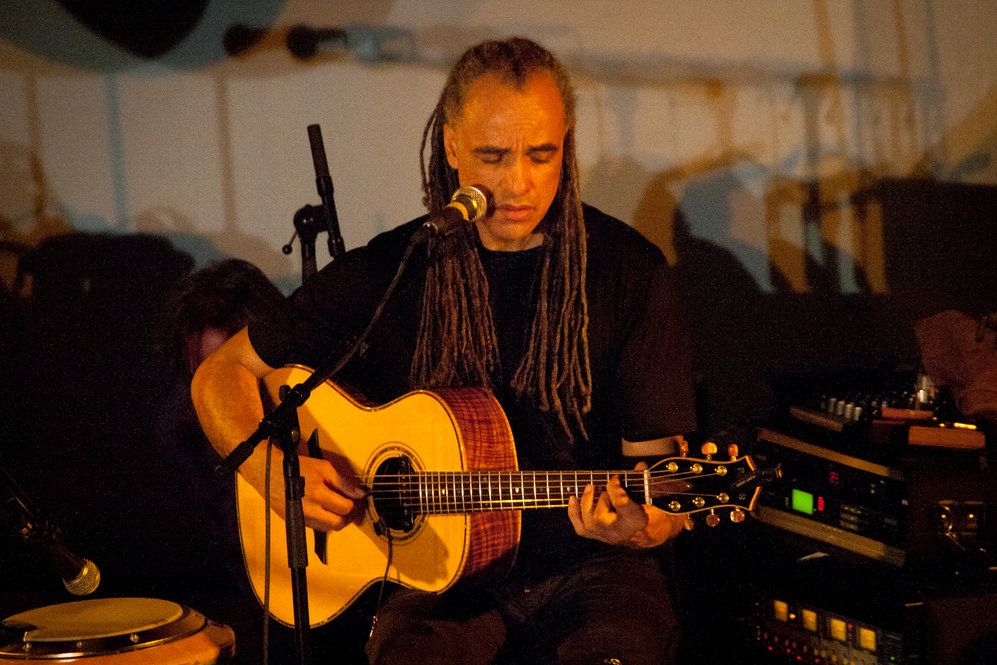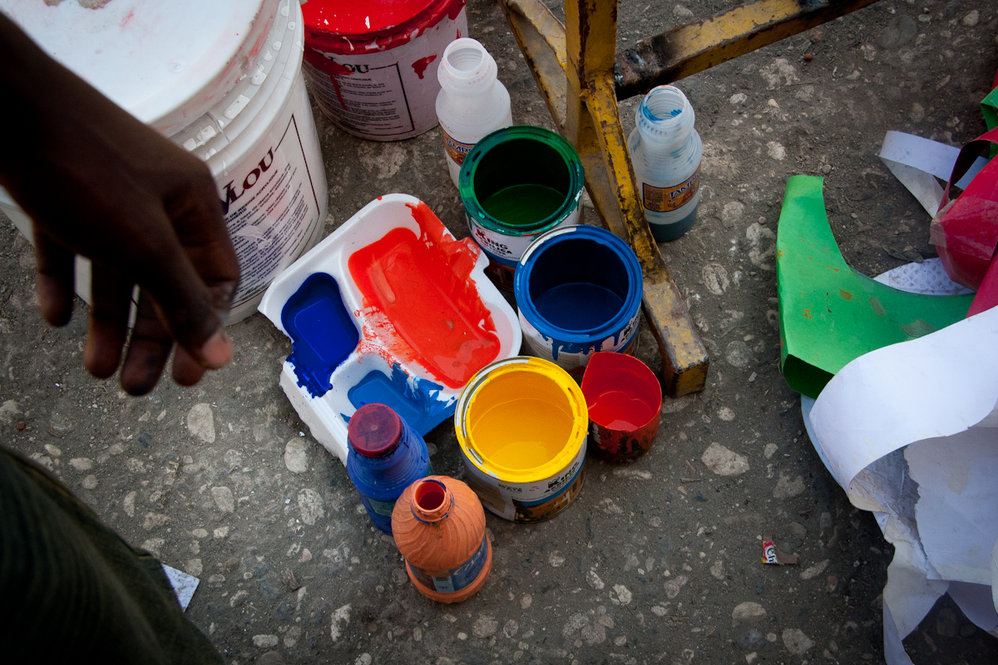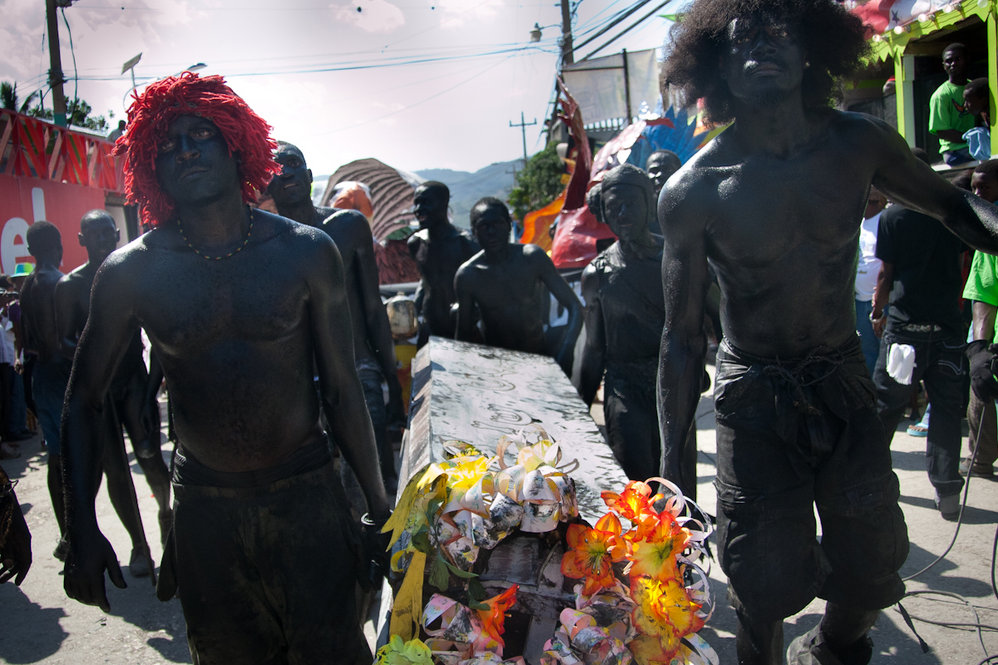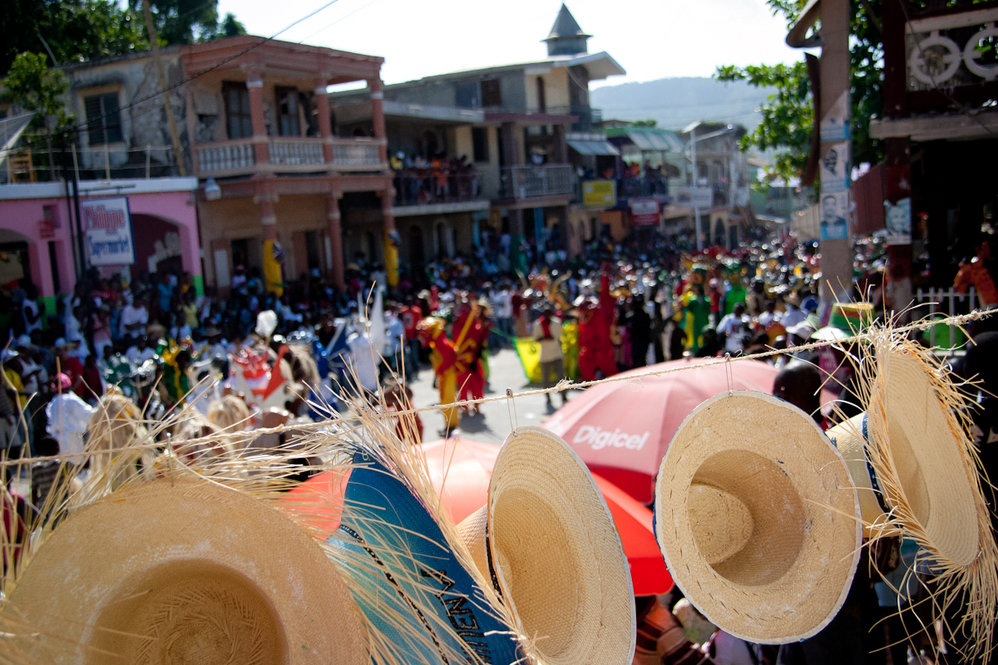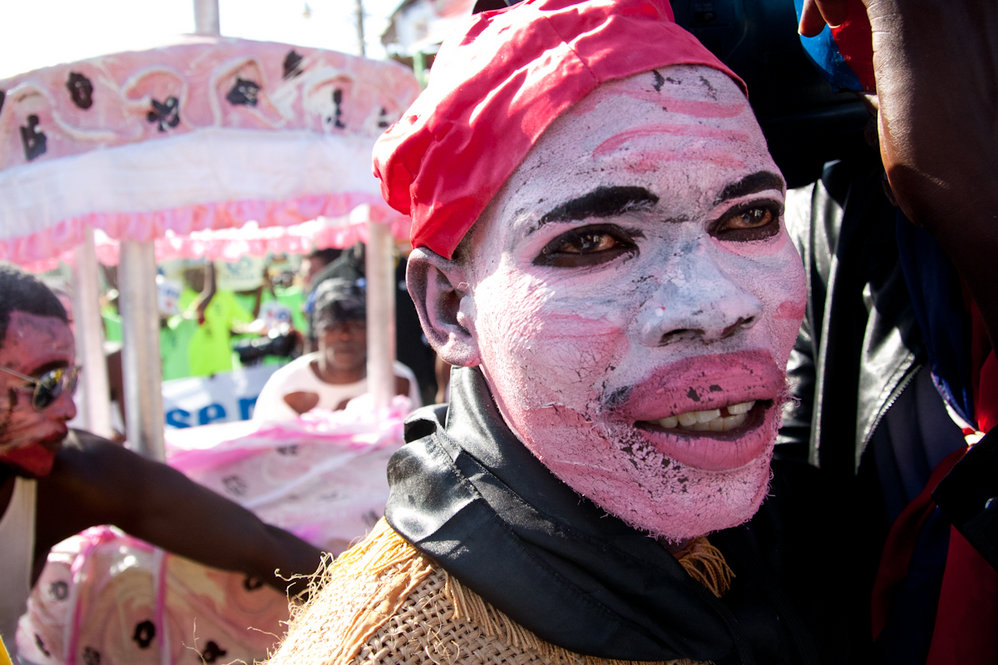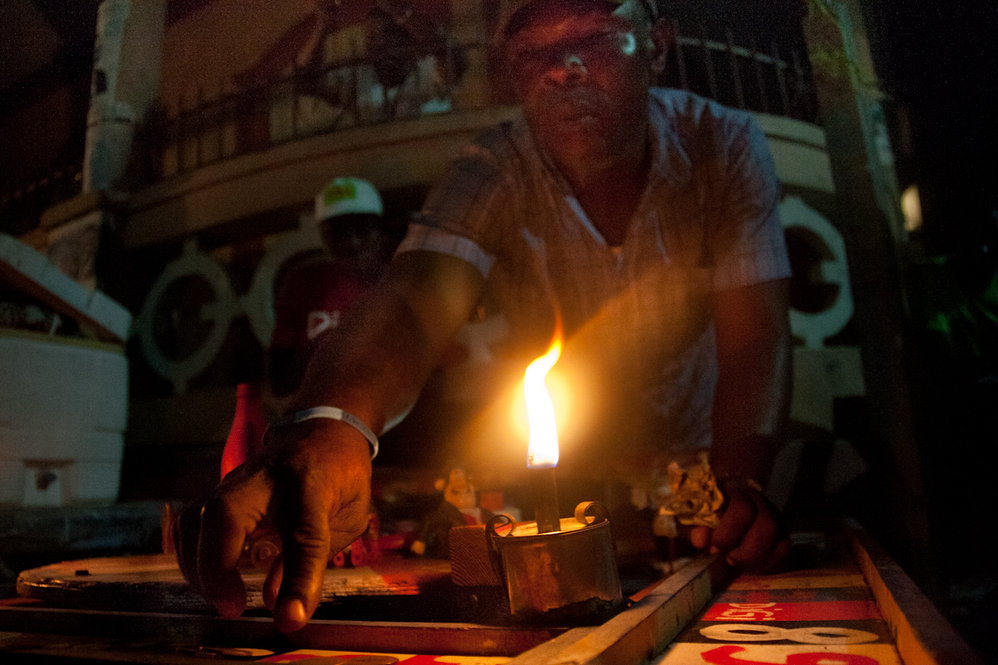PORT-AU-PRINCE, Haiti — Despite the Obama administration’s policy to prioritize dangerous criminals for post-earthquake deportations to Haiti, data obtained by the Florida Center for Investigative Reporting shows that nearly one in two Haitians detained by the U.S. government have not been convicted of crimes in the United States.
Impact Update: Days after my investigation revealed the Obama administration was illegally deporting immigrants to Haiti where they would be imprisoned under life-threatening conditions, the White House ordered a comprehensive review of 300,000 such deportation cases.
Read the full post as it appeared at FCIR. This is a follow-up story to an original, November 2011 investigation into U.S. deportations to Haiti.

